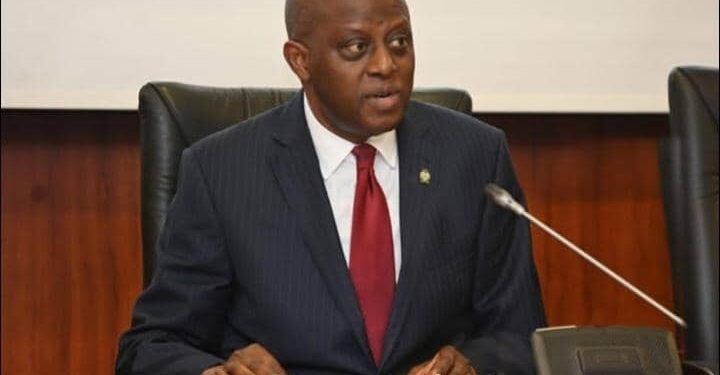Since Yemi Cardoso took the helm of the Central Bank of Nigeria (CBN) on September 22, 2023, the Naira has plummeted by over 51%, dropping from N747.76 to N1,541.52 per dollar by September 20, 2024. This significant depreciation has occurred despite the CBN’s attempts to stabilize the currency, including a 12% increase in Nigeria’s foreign exchange reserves, which rose from $33.28 billion to $37.39 billion.
This $4.12 billion boost in reserves indicates efforts to enhance liquidity in the forex market, yet it hasn’t been enough to prevent the Naira’s ongoing struggles, fueled by external pressures and domestic fiscal issues.
Since taking office, Cardoso has implemented several policies aimed at curbing inflation and bolstering the local currency, but these measures have not effectively addressed the Naira’s decline. The widening gap between forex supply and demand, coupled with high inflation and diminished investor confidence, continues to undermine the currency.
To tackle inflation, the CBN has raised the monetary policy rate (MPR) four times, from 18.75% to 26.75%. These hikes, totaling 800 basis points, aim to stabilize the economy amidst persistent inflation challenges. The Monetary Policy Committee (MPC) is set to meet on September 23-24, 2024, where experts are advocating for a pause on further rate increases, arguing that recent inflation moderation warrants a cautious approach.
During a previous MPC meeting, three members voted to maintain the MPR at 26.25%, highlighting the need for a balance between inflation control and economic growth. This faction emphasizes the importance of stability in the current economic climate.






















































